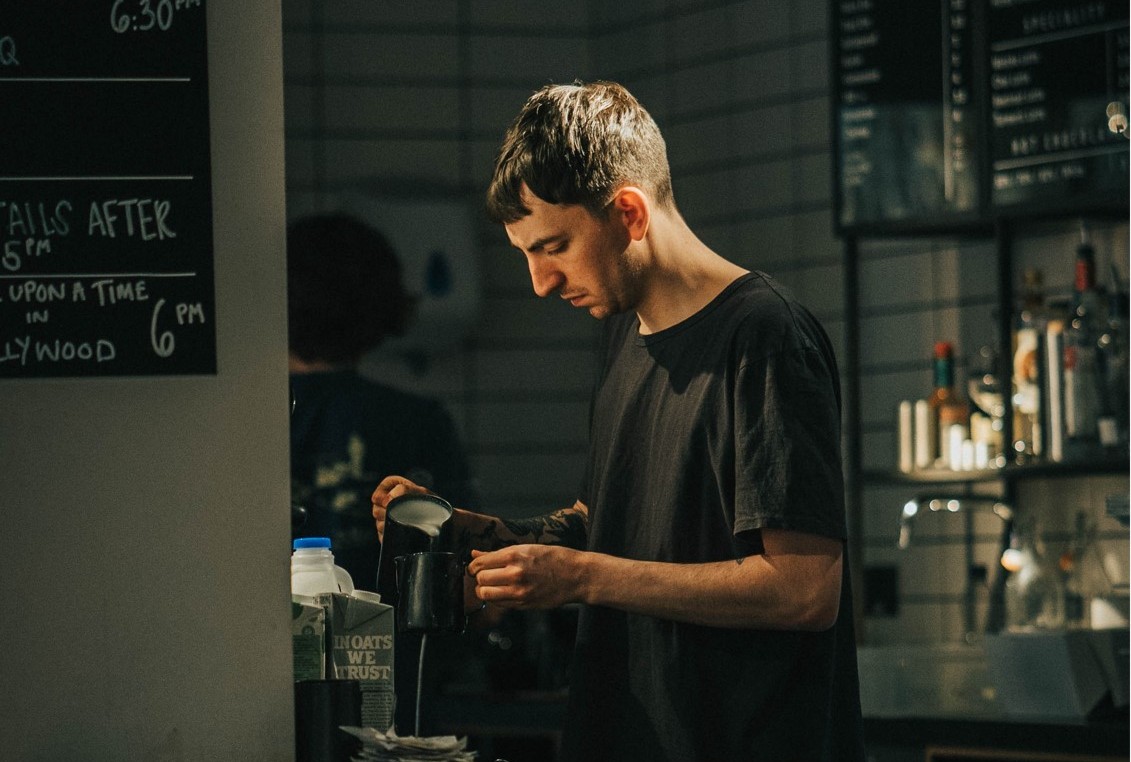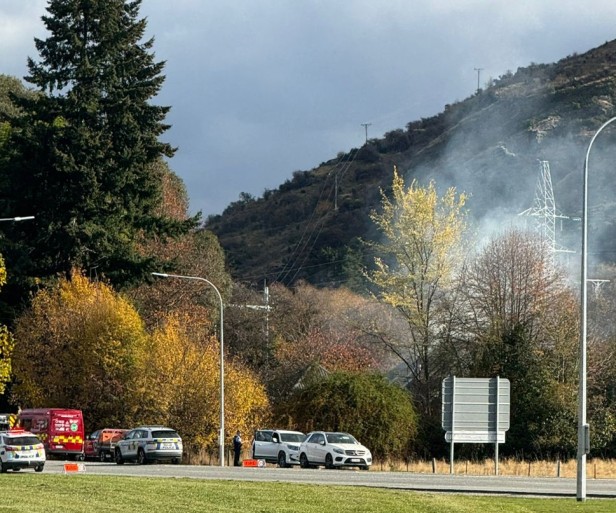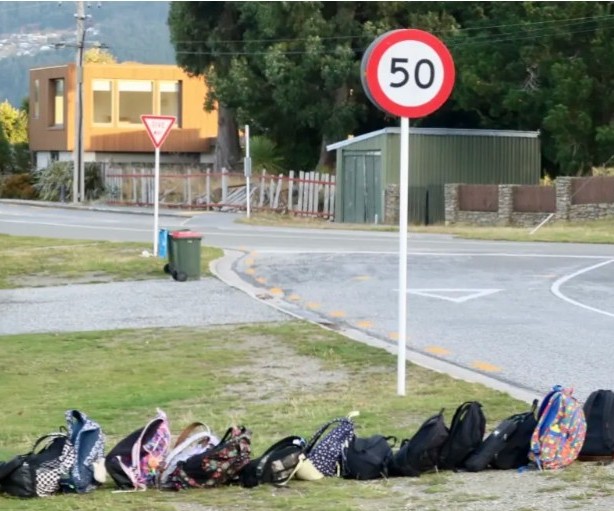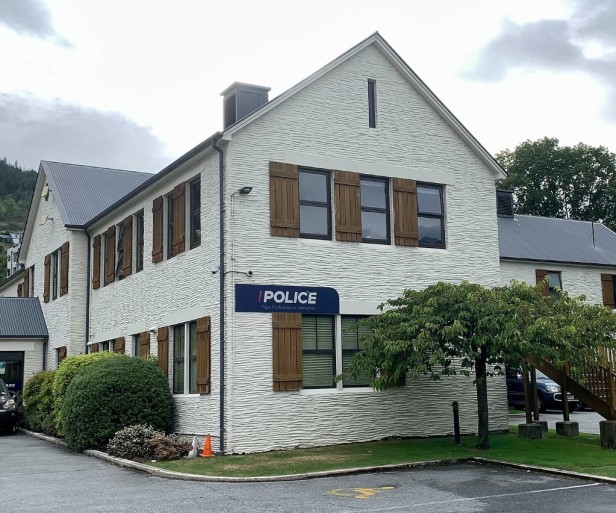Seven-day weeks taking their toll

Photo: Moujib Aghrout / Unsplash
The constant pressures of working seven days amid a severe labour shortage have been starting to take their toll, mentally and physically, on some local business owners and staff with local doctors now calling for more resources.
While the peak of summer may have eased off slightly, many employers and staff have been left feeling utterly exhausted, physically and mentally, because of the immense pressures.
The problem’s so bad that Queenstown Medical Centre’s lead doctors have approached Te Whatu Ora Southern for “additional and higher levels of support” for patients through local GPs, who have a special interest in mental health, spokesman Ashley Light says. “We’re seeking that higher level of care, rather than these people just seeing a counsellor or therapist.”
The doctors, who contacted Te Whatu Ora on Tuesday (February 21), want more funding to address mental health issues. “As a group we keep raising the issue at the appropriate level,” says Ashley. They want local GPs with that special interest to be allowed to assess patients locally, rather than those patients needing to go to Invercargill or Dunedin to access psychiatric services.
“Our clinical services manager and lead GP say it’s an ongoing trend arising from multiple sources, whether that be stress, housing costs and shortages, work pressure, employers not being able to find staff,” he says. “Government funding is not responding to that need.”
“We’re seeing that mental health stretch in the community for multiple reasons and we need to ensure more funding’s available.”
“This community is in distress because of a lack of workforce,” says Ashley.
Stress can manifest in various forms – physical, emotional, mental and environmental. “They all affect well-being,” he says. “Reach out to someone to talk to and if you need help see a GP.”
Buzzstop Honey Centre and Café owner Nick Cameron says he worked seven days a week for months leading up to Christmas when he finally had to close two days a week to retain his skeleton staff. “We were all exhausted.”
He was easily clocking up 100 hours a week, working all day, doing administration at night. “It was just awful and stressful. I was the most tired and rundown I’ve ever been in my life. I felt like I’d lost touch with my kids,” he says.
Forced to close for two weeks during the peak Christmas break after spending thousands of dollars advertising jobs with no replies, Nick says things changed in January with applications rolling in. “I have great new staff, but three of them can’t find accommodation and are sleeping in vans, etc. It’s crazy. We finally have staff and they’re contemplating leaving as they can’t find anywhere to live,” he says. “Queenstown has itself in a right pickle.” However, with Country Lane expanding and tours busy again Nick’s positive about 2023.
A Queenstown tradie says up until mid-February he’d clocked 45 days in a row, he was so busy. He’s finally found someone he can train to give him the odd day off, but it took a long time. Some days he’d worked 15 hours to keep up until he finally became extremely tired. “But I always stop if I feel I’ve crossed the line. The busyness is just the reality of Queenstown right now.”
One local caregiver says she was close to collapse one day recently after doing many seven-day-a-week shifts. “It’s very exhausting, heavy work,” she says. “People are so exhausted they need to take holidays and then that workload falls on those who are left.”
Arrowtown restaurateur PJ Johnson says she’s been fortunate, hiring five staff through the new Immigration NZ employer-led, accreditation system. However, that involves a lot of paperwork which takes a lot of time and energy for those already stretched.
Blue Kanu owner Karen Hattaway, also a life coach, says staff are all aware of their well-being and the most they work is 50 hours, with days off to compensate.
“There’s an influx of new people coming into town and as long as people manage their expectations and are a little patient there is accommodation around,” she says.
They’ve managed to place two staff and existing staff have been great at offering a bed for others in their 34-strong team. “Managing people has changed. It’s not about running a company, but about looking after people,” says Karen.
Anna Dorsey, CEO of HeadLight, a Queenstown charity which encourages mental well-being, says with all that’s going on it’s important to look after our mental health and keep an eye out for those under increased pressure.
“If you’re worried about how someone is coping, check on them, and ask how they’re doing. Knowing that people care can make a huge difference to someone’s well-being and help them know that they’re not alone,” she says.
If you or someone you know is struggling with their mental well-being, there’s support available locally and nationally.
See Headlight website: www.headlight.org.nz for local and national contacts for support, or visit the QLDC website community well-being page to find out what support is available.
Beating the Burnout
Long-time Queenstown clinical psychologist Annette Ryan-Fea says she’s seeing the real risk of burn-out with so many business owners under immense pressure due to the severity of the labour shortage.
Business owners and staff are having to work longer hours without days off, just to stay open. Financial stress is then a problem with so many forced to limit hours and offerings.
“There’s an inevitable psychological cost to all that stress and the rollercoaster ride, which seems to lurch from one kind of difficulty to another,” she says. “The risk is burnout – absolute mental and physical exhaustion caused by exposure to incessant work demands often threatening to overwhelm.”
She’s seeing people feeling swamped, either on the brink, or having already suffered from burnout. They’ve lost perspective on what is important in life. “They’re no longer smelling the roses. They’ve forgotten there are any roses,” says Annette.
Psychological resilience has been lowered and there’s a disconnect from extended family, friends and hobby groups, because there’s no time or energy, she says. For many there’s an obsessive focus on work issues, more pessimism, and they’re feeling defeated.
She’s concerned too about family relationships being compromised and truancy, as already overloaded parents working long hours opt for the “anything for peace” approach at home.
“There’s a truancy crisis in New Zealand. Only 60 percent of New Zealand children attend school regularly,” says Annette. “In some homes boundaries have become poorly defined, screen time has escalated and if children are oppositional about going to school, parents may take the path of least resistance.”
Intimate relationships can also be compromised.
“Many of those in these situations have very few options. Even visiting the clinical psychologist can create stress because it means time off work,” she says.
Annette’s Top Tips:
If possible, take time off, even a very short break.
If not, make plans/lists of what wonderful things you’ll do once this crisis passes. Imagine it, talk about it, even simple things like a day by the river reading a book.
Substitute a walk for screen time.
Watch caffeine, limit alcohol, eliminate all illicit drugs.
Do exercise that makes you puff, do some yoga at home, be mindful and grateful.
Treasure important relationships. Look for small opportunities, happiness in the moment.
Prioritise getting your children to school and ask for help with that.
Eat healthy, schedule enough time for sleep.
As much as you can - keep it simple.









